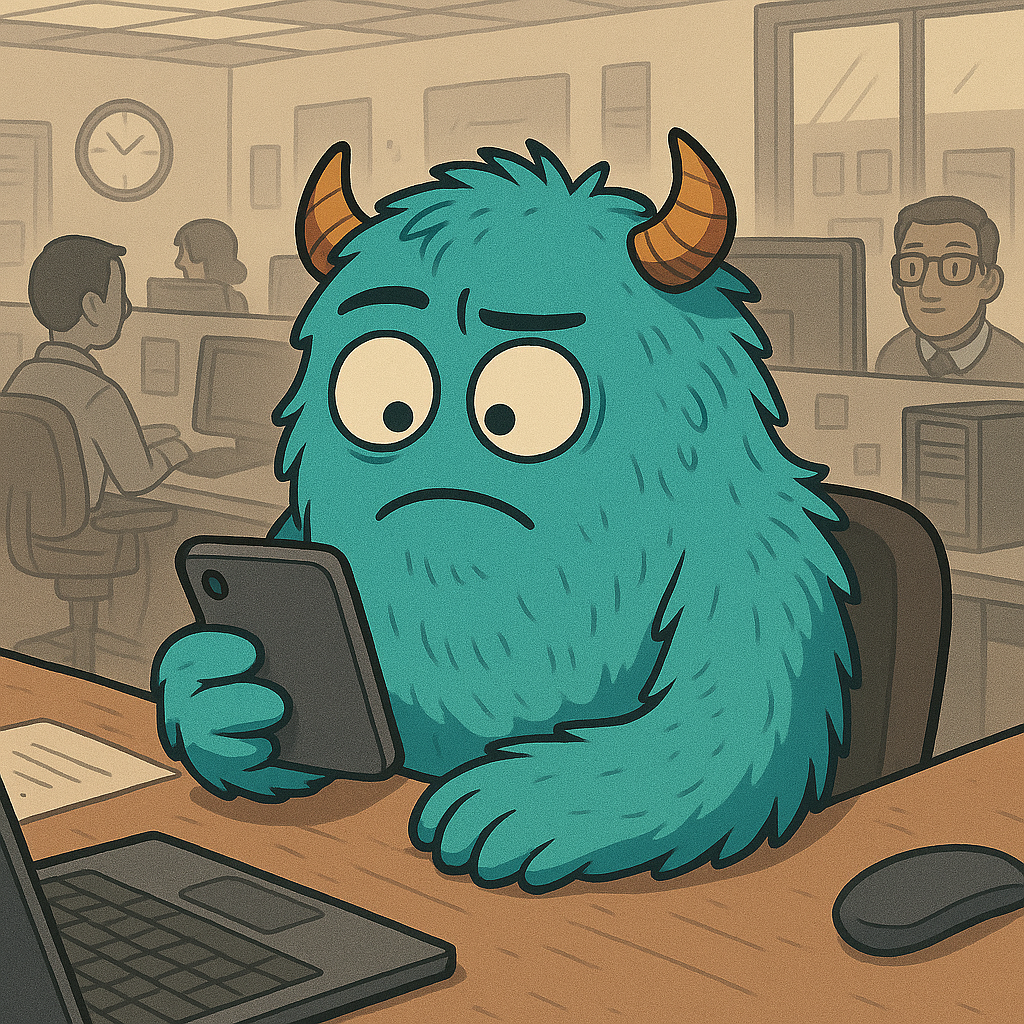
Recent data indicates that users who search using Google often settle for the AI overview presented at the top of the page (using Google’s Gemini model) rather than scrolling down farther to the specific search results. It’s a significant shift in behavior, as websites see fewer clicks and the AI “answer” becomes more and more important.
It comes as no surprise, as those of us who have worked with search for the past twenty or so years know, that we humans are innately lazy. We’re going to take the easiest answer we can find with the least amount of work. Enter AI like ChatGPT or Gemini or Claude, seemingly expert sources of information who take much of the effort out of finding answers on our own.
As someone who also works with businesses to help them build their brands (both on and offline), this presents some new challenges, including one that I didn’t really see coming: in today’s AI-driven world of search, every input matters, even the inconsistent ones.
You see, currently, AI agents take into account all of the data they can find when they try to answer a question. In fact, experts believe that AI platforms will have consumed all of the data on the internet in the next decade or so. All of it. Why does this matter to your business? Because an AI agent like Gemini will gladly build its responses on sources with highly questionable reliability such as Quora or Reddit. To be reductive for a moment, Quora is an online platform that allows you to crowdsource answers from other users who also don’t know the answers, and Reddit is a platform made up of equal parts legitimate experts and irrational trolls who love (love, love, love) to argue.
I am skeptical by nature (one of my many character flaws), so when I see an AI result that I don’t quite believe, I follow the links to the sources. Whoo boy will you be surprised if you do that once in a while. I cannot believe how many times I’ve discovered that AI agents like Gemini are flat out wrong. And a big part of that is that the source of their information is wrong – or at least questionable.
That makes the online reputation for a business even more valuable than it has ever been. If somebody on Reddit says something about your company, product or service that is inconsistent with your brand, an AI agent can very easily drop it into a response without knowing that it is inaccurate. And since modern searches trust those AI voices as experts, almost nobody questions it.
AI is eager to please.
I got a response from AI the other day that was chilling. In my job (and with my hobbies), I spend a lot of time on the internet, I know firsthand that every once in a while you will stump Google entirely. Most of the time, it happens when you enter a search incorrectly (usually thanks to some “helpful” autocorrect), something silly like “eagles living underground” or whatever. In return, Google would simply give you a message that said something like “oops, looks like there are no results for that search.”
When I did this the other day, checking for some facts on information that I suspected was incorrect, Google’s AI agent did something worrying: it guessed. I remember it said something polite like “I can’t really find anything about that subject, but I think what you mean is…” and it went on to stab blindly at an answer providing sources that – when followed – didn’t show anything that supported the claim whatsoever. I immediately recognized that the AI model was off (way, way off), but a casual user may very well have read the information as truth (since much of what AI tells us is reliable).
All this points to some pretty important steps for businesses to take: be sure your website has lots of reliable information on it in an AI-friendly format (this includes rebuilding your site if it has been a long time since you last did so); create new content often, so your website remains fresh to both prospects and AI agents; and most importantly, keep aggressively and consistently building your brand online (and offline) so people say nice things about it on a wide variety of platforms.
More than ever before, each and every mention of your brand counts. Users trust AI agents, and, for now at least, AI agents seem to trust everybody. The more the world discusses you like an expert, the more AI platforms will do the same. And the more good, reliable, consistent information that is available about your company across the internet (on your website, on social media, on directories, etc.), the better.
AI agents like ChatGPT, Claude and Gemini are improving every day, but they still need our help.
Want to know more about how we are employing AI here at Anchor Marketing (currently, I’m working on videos using Sora, for example)? Give us a call, or drop us a line.